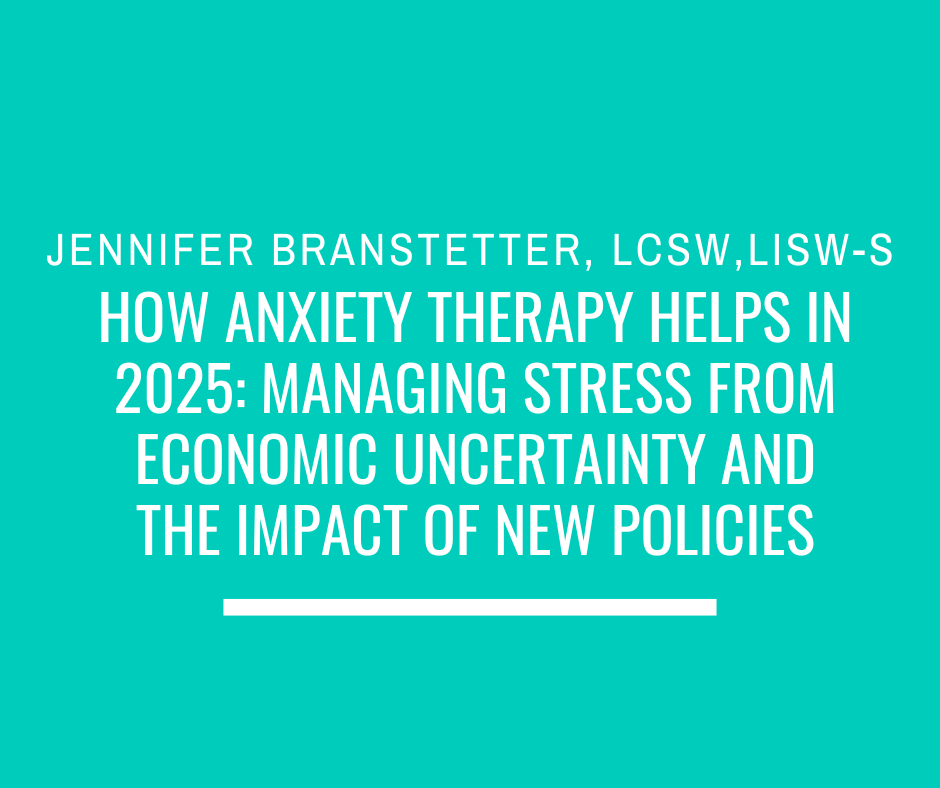Blog


Finding the Right Depression Therapist in Cincinnati: Your Guide to Effective Treatment Options
Struggling with depression? Finding depression help Cincinnati, Ohio, and Indiana.


Struggling with depression? Finding depression help Cincinnati, Ohio, and Indiana.